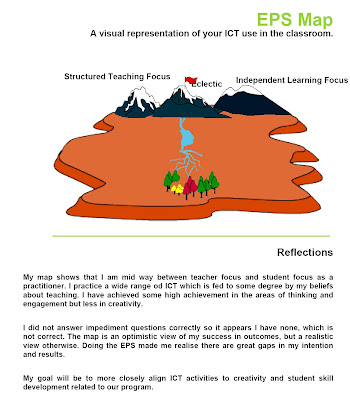We wish you a safe, happy and Holy Christmas and trust that 2008 is a good year for you and your school library.
This is also the last post for this blog..which started in May 2006 as a way to connect with Teacher Librarians in the Parramatta Diocese. The audience of the blog grew; others joined me in writing items of interest or reporting on events and happenings; and we acquired a world-wide audience. That's the magic of the Web 2.0 world!!
We've enjoyed writing, and we've enjoyed your company. Thank you.
As our system of schools will no longer have a specialist Education Officer dedicated to supporting school libraries in 2008 and beyond, Bibliosphere News is now officially closed!
I will continue to write and comment on all things Library and Web 2.0 on my own professional blog at Heyjude.
I would like to particularly thank Marita Thomson, Jan Radford and Lisa Nash who each helped contribute to Bibliosphere News in 2007 - they are true Library 2.0 librarians! Keep the passion girls!
May the peace of the new-born Christ empower and inspire all that you do in 2008.
Goodbye!























